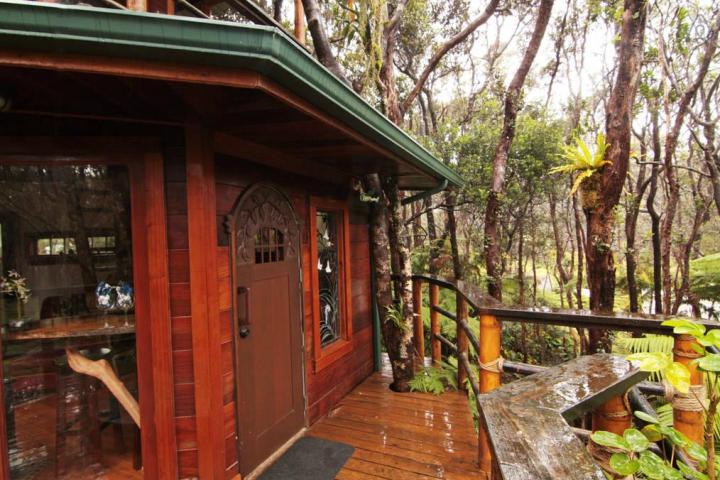
Chief executive Brian Chesky announced on the company’s blog a new “Community Compact” policy, which will provide aggregated data on how much a typical Airbnb host earns, how much an average night costs in a neighborhood, and other financial info.
It is not the same level of transparency San Francisco wanted, but it is a start. Airbnb also hinted that in cities with a housing crisis, it will ban hosts renting investment properties. It did not say if it would take similar action on property developers that rent dozens of new properties at a higher rental price.
Airbnb said it will define who’s in a housing crisis on a “city-by-city” basis.
“At the highest level, Airbnb is committed to strengthening the neighborhoods and cities we serve,” said Chesky. “Last year, I laid this out in a vision which I coined the Shared City. In it, we imagined what could be possible when we worked with cities to embrace sharing.”
San Francisco already bans landlords from renting properties out for more than 90 days. New York forces landlords to reveal every property they rent out on Airbnb. In Santa Clara, a 10-percent tax is levied on Airbnb customers, similar to normal hotel tax.
This is just the start for Airbnb, as it becomes a larger target for city regulators. The startup is valued at $25 billion, making it one of the most valuable private tech companies in Silicon Valley, behind Uber. So far, it has managed to operate without major changes, but cities are starting to realize the disadvantages of short-term rentals.
Most statistics point to higher cost for Airbnb rentals, compared to normal rental and hotel prices. For cities like San Francisco, where rental prices are already insanely high, it is making it hard for residents to continue living in the city.


